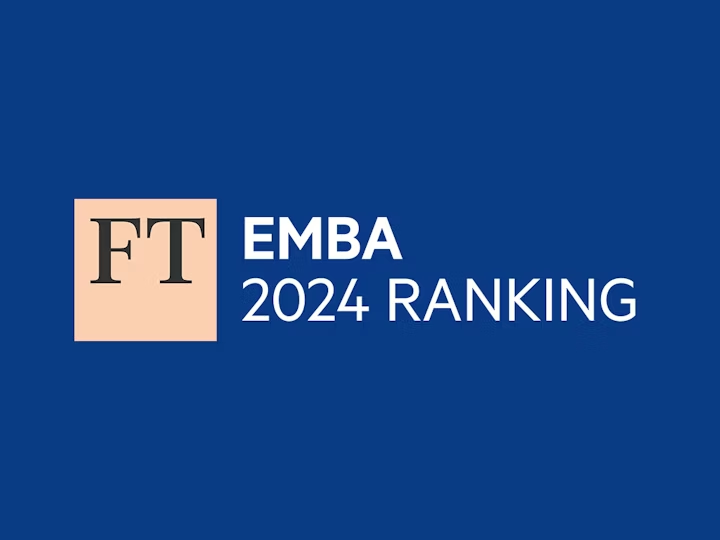The global research report on Professor Peter Hawkins’ latest research into tomorrow’s leadership and related development needs has been published. The research team surveyed 20,000 individuals from 130 countries and the results paint a picture of the future business challenges and requirements as viewed by CEOs, HRDs and Millennials, highlighting some significant differences between their perspectives.
Leading this research process has been a great pleasure and one full of surprises. It has been rewarding to work with so many research partners from many parts of the world, and inspiring to have received the thoughtful reflections from so many CEOs, HR directors, and young millennial future leaders. Many global thought leaders, researchers and writers on leadership and leadership development have also been very generous with their wisdom on what is needed going forward. So the research has been a collaborative and highly networked enterprise throughout, which is highly fitting for what has emerged about the leadership world into which we are rapidly moving.
This research started two years ago with two significant concerns. Firstly, we had a growing concern that the challenges facing the future leadership of every organisation – commercial, governmental and not for profit – were becoming greater and more complex; the pace, nature and scale of change at myriad levels is transforming. Our second concern was that the leadership development industry was not sufficiently supporting and developing the leaders and collective leadership of the future to be equipped to face these growing demands.
We started with four extensive literature reviews on the areas of: tomorrow’s world; tomorrow’s organisations; tomorrows leadership and today’s leadership development and quickly discovered a considerable amount that had been written about future global trends in demographics, economics, political conflict, human expectations, migration, and the environment. This included many global surveys looking at the views of CEOs, HR directors and millennials as well as extensive critiques of current practices in leadership development. We did not want to replicate what is already present in abundance. We also became aware that there were several disconnected discourses about leadership development, each speaking its own language, and often ignorant of the other dialogues. These included perspectives of how:
- senior executive leaders
- HR professionals
- external providers of leadership development in consultancies, business schools and coaching companies
- leadership academics
talked about leadership and discussed leadership development activities.
From this we concluded that there is a lack of integration of these various perspectives and that a clearer guidance is needed on how the world of leadership development needs to change today to better equip the leadership of tomorrow.
We therefore formulated four key questions:
- How will the leadership needed for tomorrow’s organisations be different from today’s leadership?
- What development is needed for tomorrow’s leadership?
- How suitable is current best practice for developing tomorrow’s leadership?
- What more needs to be done?
To address these issues, we set out a broad and ambitious research approach, to combine: depth and breadth; qualitative and quantitative research; and input from many sectors and geographies. Our basic design was based on the triangulation of various data sources.








